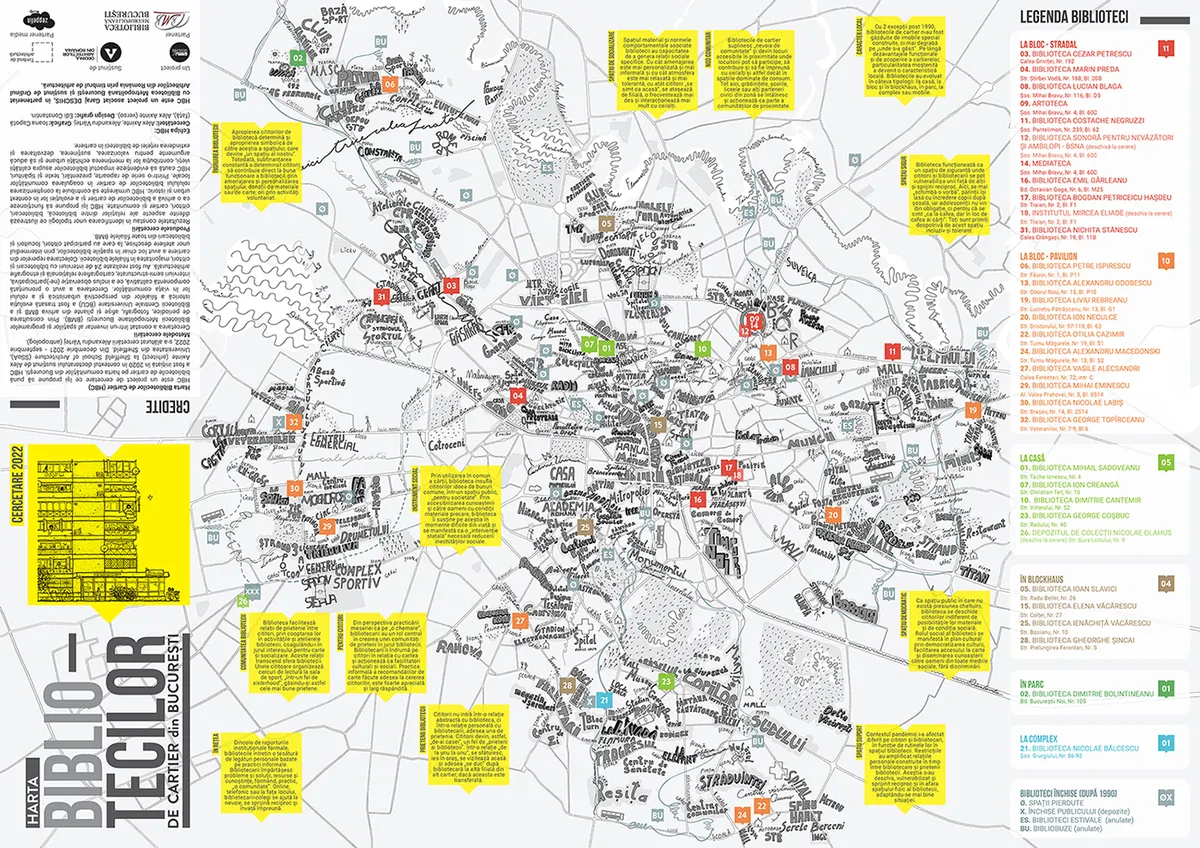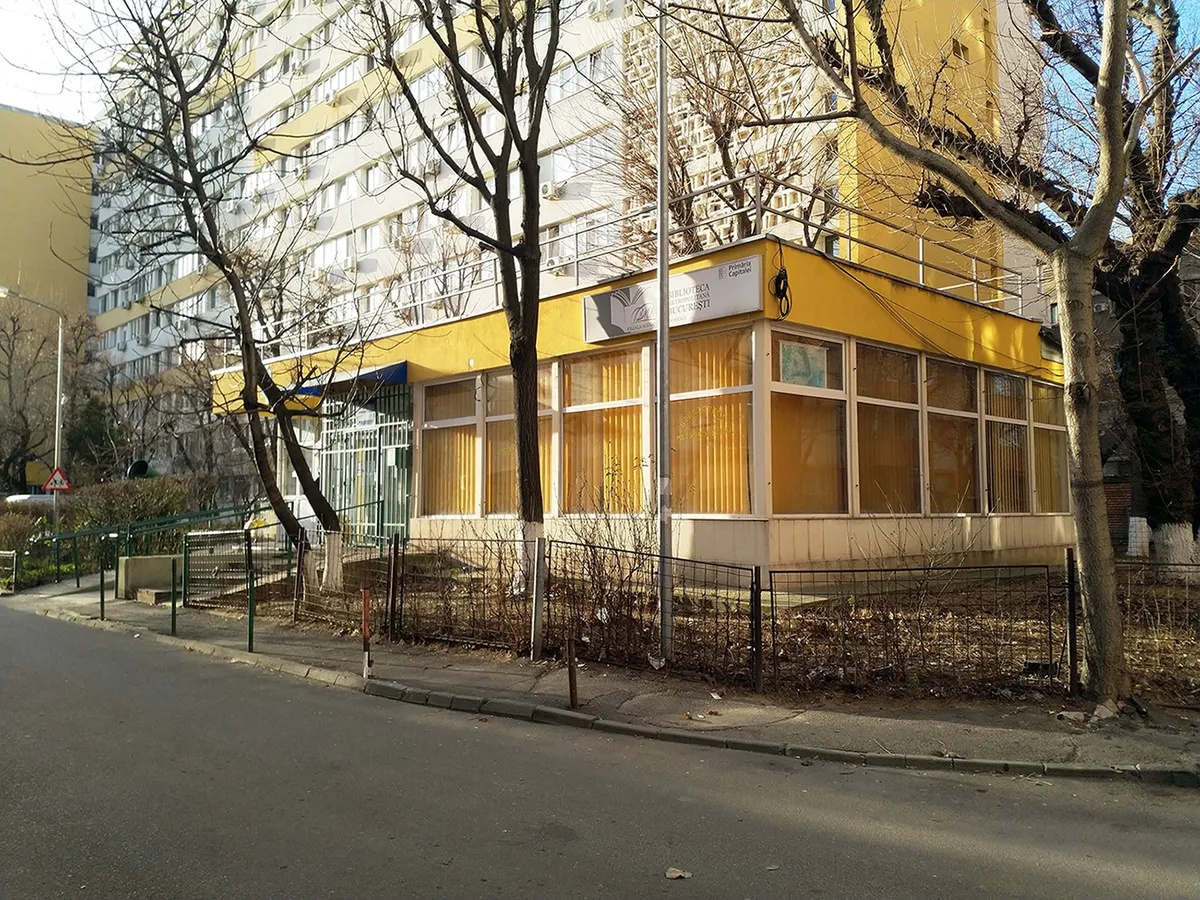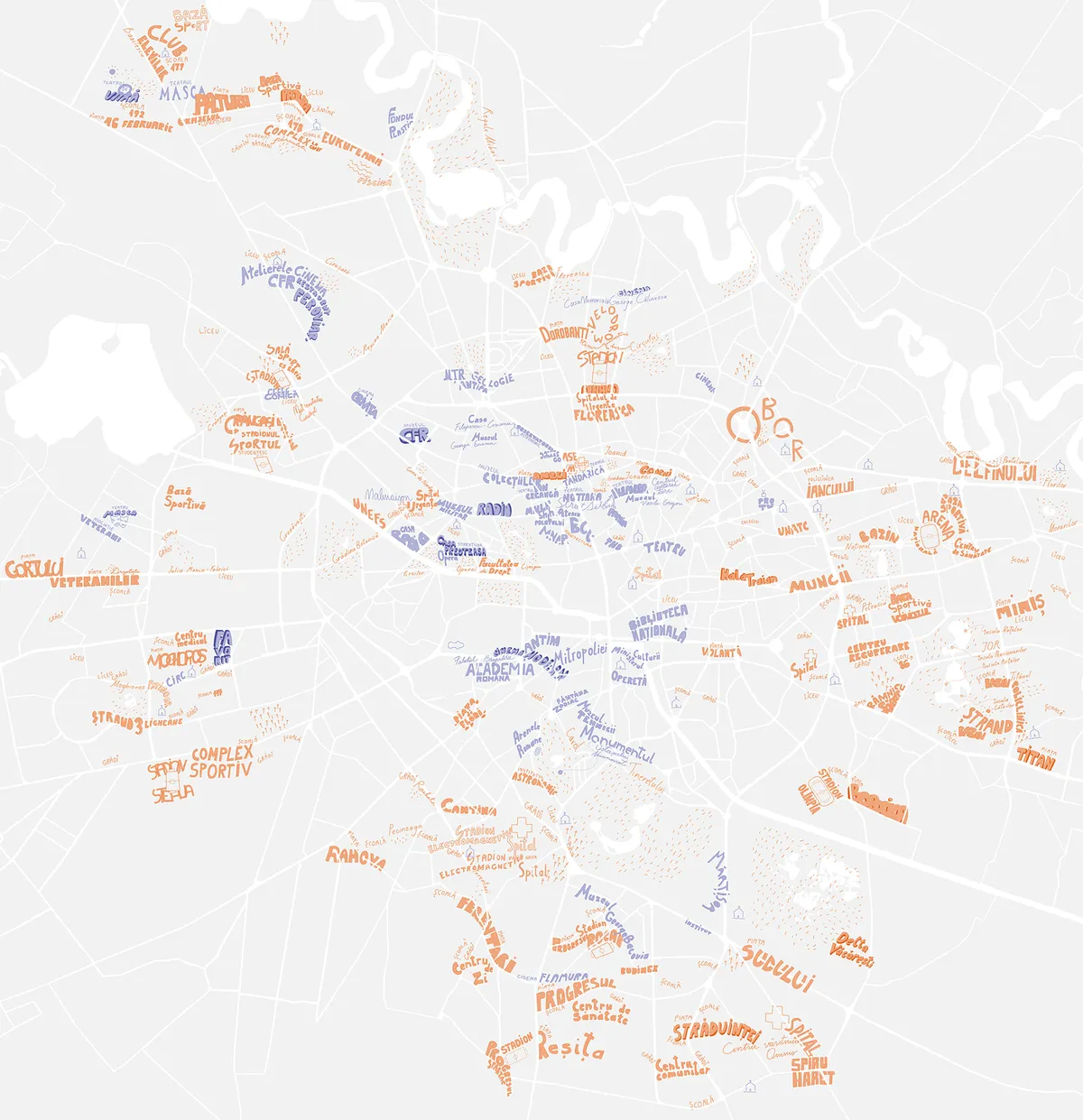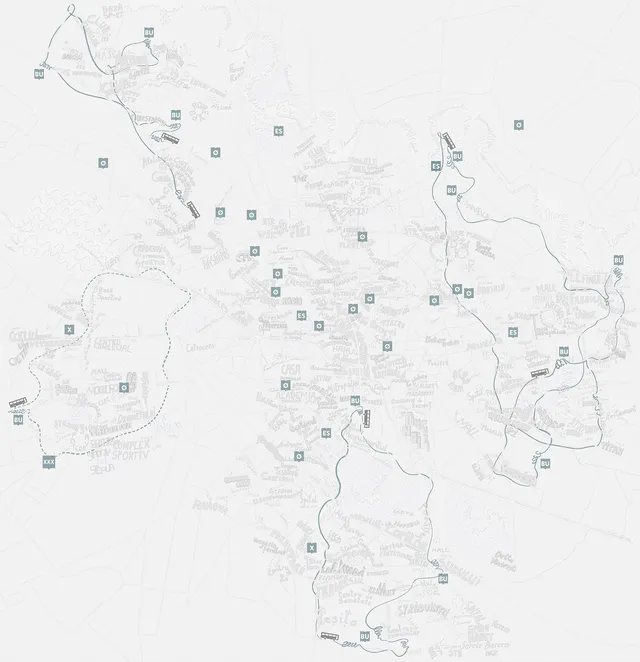
1/10

2/10

3/10

4/10

5/10

6/10

7/10

8/10

9/10

10/10
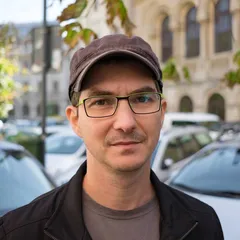
Author(s) / Team representatives
Alex Axinte
Profession
Arhitect
Co-authors/team members
Alexandru Vârtej
External collaborators
Anca Badea, Adriana Decu, Claudia Șerbănuță, Vera Dobrescu, Sidonia Teodorescu, Cristi Borcan, studenți USAMV, UAUIM.
Project location
București, România.
Budget in euros
4.350 euro
Project start date
Noiembrie 2021
Project completion date
Ongoing
Website
Photo credits
Foto: Alex Axinte; Desen Hartă: Ioana Capotă Alex Axinte; Design Grafic Hartă: Edi Constantin.
